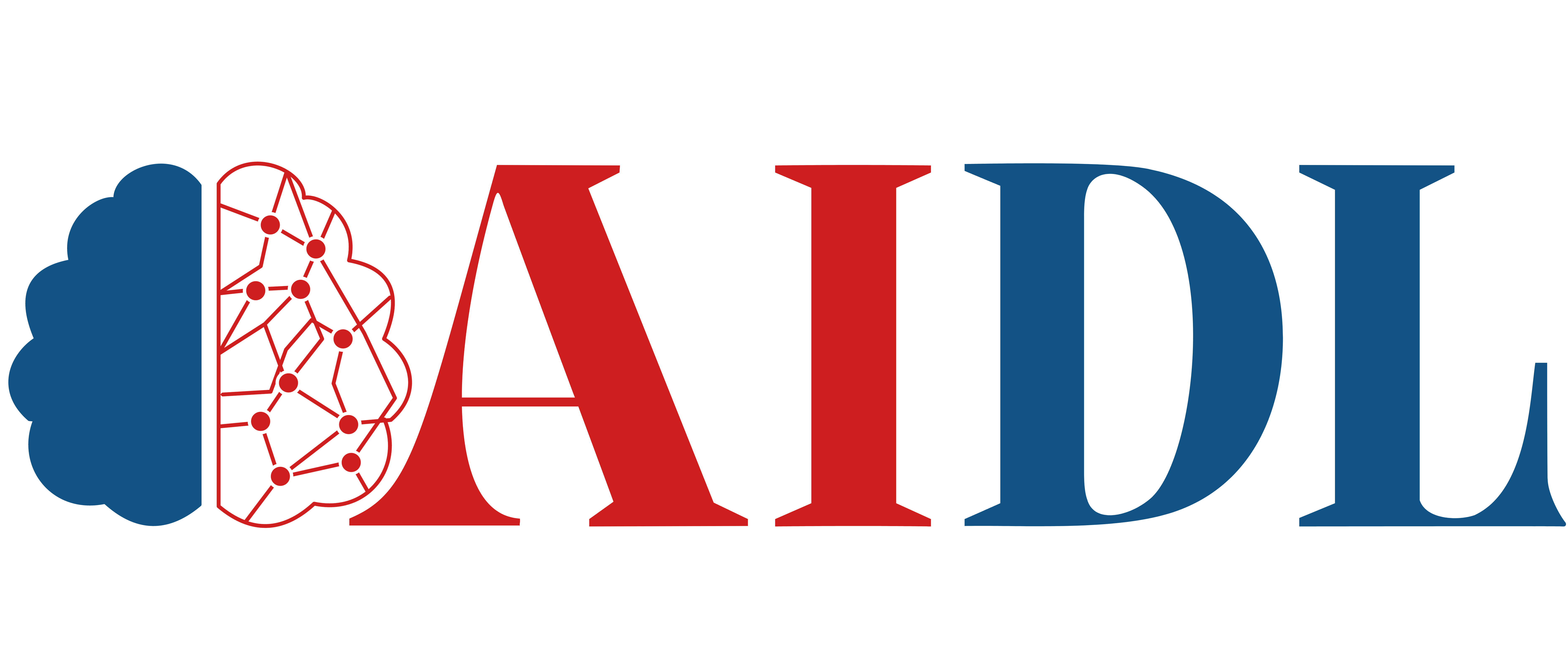
Fundamentals, of Artificial Intelligence and Machine Learning
AIDL_A01
Do machines think? Are they capable of creating ideas, art, understand human sentiments or even learn? Artificial Intelligence –AI is a wide — ranging branch of computer studies with along history, shown a remarkably growth over the last years, transforming the way that people live, work and socialize. Machine Learning, as a driving force of modern AI, is focusing on applications which learn from experience (data) in order to improve decision making or increase the accuracy of predictions over time.The main objective of this course is the acquisition of fundamental knowledge on the field of Artificial Intelligence. For this purpose, critical terminology such as intelligent agents, machine learning, ethical and biased AI will be presented. Moreover, intelligent agents will be studied and applied to problems of non-informed search, informed search and exploration. In addition, various representative fields of applied AI will be studied, such as Self-driving Vehicles, Precision Agriculture, and Content Recommendation. At the course end, the students will have acquired sufficient knowledge on algorithms and modern machine learning techniques as well as a skill set on machine learning development applications in order to be able to solve a number of related problems. Finally, students will acquire the fundamental background on new aspects of AI, whilst at the same time they will acquirehands-on experience on applying those powerful techniques on problems of their choice.
- Introduction to Artificial Intelligence
- Intelligent agents
- Search algorithms
- Uniformed search (depth-first, breadth-first)
- Informed search (A-star).
- Introduction to machine learning
- Machine learning types (Sspervised, unsupervised, Reinforcement learning)
- Regression, classification, clustering
- Decision trees, D3algorithm, C4.56algorithm.
- K-Nearest Neighbors
- K-means
- Ensembles (boosting, bagging)
- MDPs, Q-learning
- Open source computing frameworks in Python
- Ethical and unbiased AI
This course is using project-based assessment. Students are asked to complete an individual project on the following (indicative) topics, and their grade (100%) is based on the level of completeness, algorithm performance and documentation of the solution:
- Search agent implementation
- Develop and apply a classification algorithm
- Develop and apply a regression algorithm
- Evaluate the efficacy of machine learning algorithms in enhancing decision-making processes and prediction accuracy by conducting empirical testing and validation, employing suitable evaluation metrics and methodologies.
- Innovate by suggesting fresh solutions and delving into the advanced facets of AI, showcasing the capability to adapt and employ state-of-the-art techniques to tackle evolving AI-related challenges and possibilities.
- Synthesize machine learning techniques and algorithms to build and enhance predictive models, illustrating the capacity to derive informed conclusions and enhance accuracy through data-driven improvements.
- Create intelligent agents that can address intricate challenges through the application of non-informed search, informed search, and exploration algorithms, showcasing proficiency in devising and executing AI solutions.
- Analyze the ethical implications of artificial intelligence (AI) and machine learning algorithms in diverse real-world applications, scrutinizing possible biases, and suggesting remedies to enhance fairness and transparency.
- Apply the principles and concepts of AI to tackle real-world challenges in domains like Self-driving Vehicles, Precision Agriculture, and Content Recommendation, demonstrating the practical implementation of AI technologies.
Course Features
Course type: Major
Semester: 1st
ECTS: 6
Duration: 13 weeks
Courses: In class lectures + online
Language: English
Assessment: Project based
Instructors
